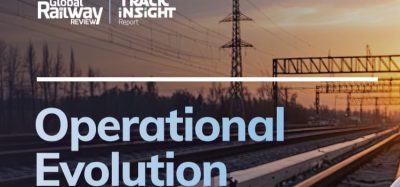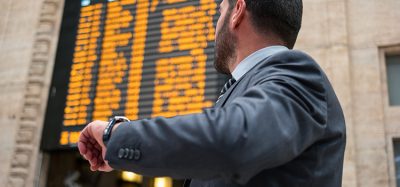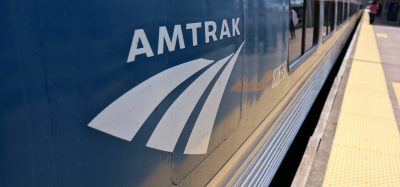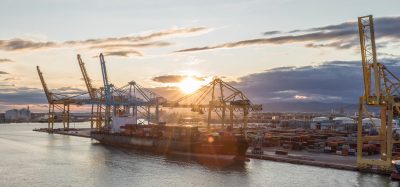TfW and Network Rail introduce new technology to limit impact of autumnal weather
Posted: 15 October 2020 | Global Railway Review | No comments yet
Two new solutions – Automated Intelligent Video Review cameras and plasma technology – have been introduced on the TfW network to combat the challenges of autumn weather in the UK.
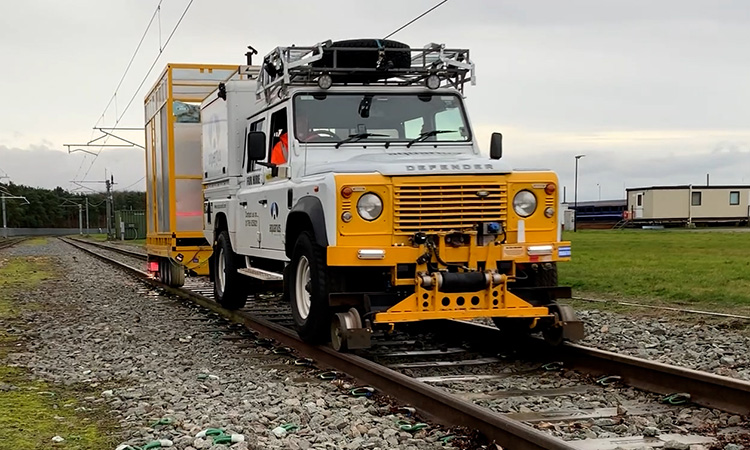

Credit: Transport for Wales
Transport for Wales (TfW) and Network Rail are using creative new technology and innovation to help keep rail services running during autumn 2020.
The autumn season is a challenging time for the rail industry throughout the UK as a result of poor weather conditions which can damage track and trains, subsequently reducing the number of services that are available.
By working closely in partnership since the start of 2020, the two organisations have put a number of key plans in place to ensure that customers can keep moving.
Amongst them are Transport for Wales’ Automated Intelligent Video Review cameras, which sit on the front of trains and can map approximately one thousand miles of track in Wales in just four weeks. The data is fed to Network Rail to target problem areas earlier, reducing the risk of tree strikes, debris blocking lines, signals becoming obscured and wheel damage.
Network Rail are also using drones to help with this work and are treating tracks with a new plasma technology programme. PlasmaTrack is a new sustainable technology that is being used to clean and sterilise track. Plasma is generated from high voltage and compressed gas to apply energy to the railhead, which thermally removes contaminants, such as oxidisation and leaf debris.
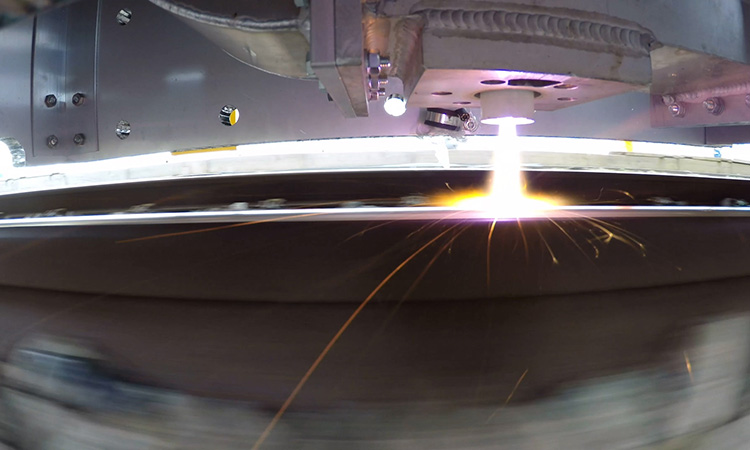

Credit: Transport for Wales
As well as this investment in new technology, TfW have stocked up on extra wheels for train repairs and Network Rail will have rapid response teams continually working on the track.
The work follows a successful autumn in 2019, when TfW invested heavily in new Wheel Slide Protection on a quarter of their trains and, as a result, saw a 57 per cent reduction in damage and trains in for repair.
CEO of Transport for Wales, James Price, said: “The autumn season is a difficult time for the rail industry throughout the UK because of poor weather conditions and the effect that this can have on our railway tracks and our trains. We are working in partnership with our colleagues in Network Rail to ensure that we’re utilising the most up to date technology, including new AIVR cameras on our trains, as well as extra wheel replacements, to ensure that we’re fully prepared this year.”
“Last year, through the fitment of Wheel Slide Protection on our trains, we saw a reduction of 57 per cent in damage and trains in for repair. Climate change is heightening the weather risks and challenges on our industry, and this further highlights the importance of our Sustainable Development Plan at TfW,” he added.
Bill Kelly, Network Rail’s Wales Route Director, said: “Autumn is a challenging time for the whole rail industry, but particularly here in Wales and Borders. We are seeing more storms and extreme weather than ever, which can have a devastating effect on the railway and leads to delays for passengers.”
He continued: “That is why Network Rail and our colleagues at Transport for Wales are working closer than ever to ensure that we are well prepared for the autumn months ahead. We plan almost a year in advance for autumn, and this includes constantly adapting the innovative technologies we use to make sure we can keep passengers safe and moving throughout the season.”
Chief Executive of Transport Focus, Anthony Smith, said: “Staying safe will be the main concern for many rail passengers travelling this autumn, and reliability remains a top priority. People expect services to run on time, so it’s important that the railway can cope with any challenges that the autumn season brings. We welcome this partnership and the use of new technologies that will help keep people moving, minimise delays and avoid crowding that makes social distancing difficult.”
Related topics
Adverse Weather, Infrastructure Developments, Operational Performance, Passenger Experience/Satisfaction, Safety, Track/Infrastructure Maintenance & Engineering




